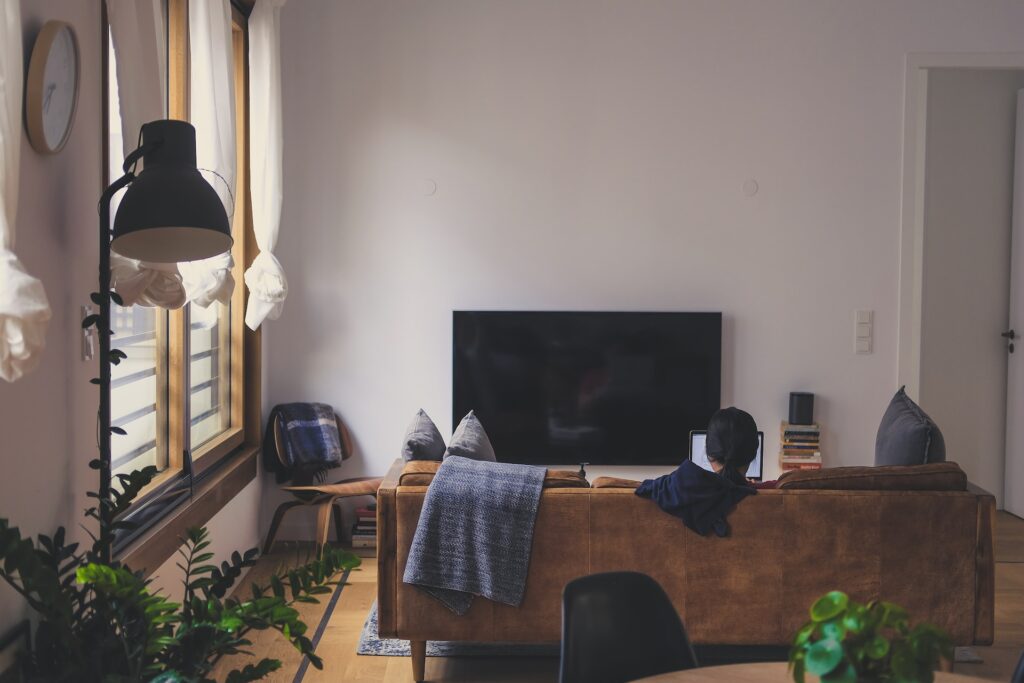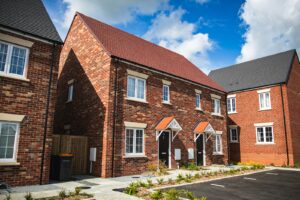Pros and Cons of Buying a Flat UK

Home is where the heart is, as they say. But it is also where our needs in terms of space, location, goals, budget and lifestyle are fulfilled. While a highly emotional and intuitive decision, the process of making a transaction of this magnitude – of purchasing a home – is also based on logic and reason.
So, with that in mind, what are the pros and cons of buying a flat in the UK? Is this the best route for you to achieve your most important objectives?
Owning property is certainly a significant investment and a relatively safe way to build equity. At the same time, it comes with a myriad of responsibilities and issues that are different to those associated with buying a house. Let’s look at some of them.
Leasehold versus Freehold
In most cases, when you purchase a house, it is likely a freehold. That is, you own the property outright and have the freedom and flexibility to sell as you wish. When it comes to flats, however, you are more likely to be purchasing into a leasehold situation. Here, you have the right to live on the property to live on the property for a certain number of years, which could be from 30 years to 999 years, depending on the terms to which you agree.
When you buy a flat in the UK, it is important that you know what you are getting into. For example, you may own everything contained within the walls of your flat but nothing outside or in the common areas.
Time Left
When you buy a flat, you need to know the time left on the lease as it can greatly affect the value of the property. Many lenders will not approve a mortgage for leasehold situations that have less than 80 years remaining. If you want to sell, most buyers will need a mortgage. Thus, it can reduce the number of prospective buyers who are in the market for such a property and who have the funding necessary to complete a sale. This can significantly affect value and your chances at selling.
Maintenance
When it comes to the pros and cons of buying a flat in the UK, maintenance comes into play. With a leasehold property, you do not have to take responsibility for the maintenance of community areas or for organizing builders, gas engineers and electricians for those areas.
While you do pay a service charge each month (from less than £100 pounds to several hundred, depending on the property), you can get a summary showing how the charges are assessed. This can help when it comes time to sell, if you choose.
Ground Rent
Ground rent is a fee that you pay for the land a property – i.e. your flat – sits on. The freeholder must send a written demand for this. The issue is that they can go after unpaid ground rent going back six years – and they can demand that you pay it in one installment.
Cost
Generally, buying a flat is more affordable than buying a house. This is especially attractive to first time buyers. As well, there may be shared amenities and spaces, such as gardens and fitness centers, that can boost value.
Living Conditions and Privacy
With a flat, you may experience flux in terms of living conditions. From neighbours moving in and out to thin walls, apartment living can be a challenge. As well, you need to think about privacy and autonomy. Typically, you will have to contend with less freedom in terms of making changes – or blasting your music outside of acceptable quiet hours (or hearing your neighbours do the same!).
In discussing the pros and cons of buying a flat in the UK, we have not touched on other potential benefits, such as easier access to transit, services and amenities in major metro areas. A flat can be a less expensive way to start in on the property ladder compared to a house – and it can also be a more advantageous solution for those with different needs or goals.
There are benefits and drawbacks to be sure; the key is examining these factors and making the right call for your needs and future.





